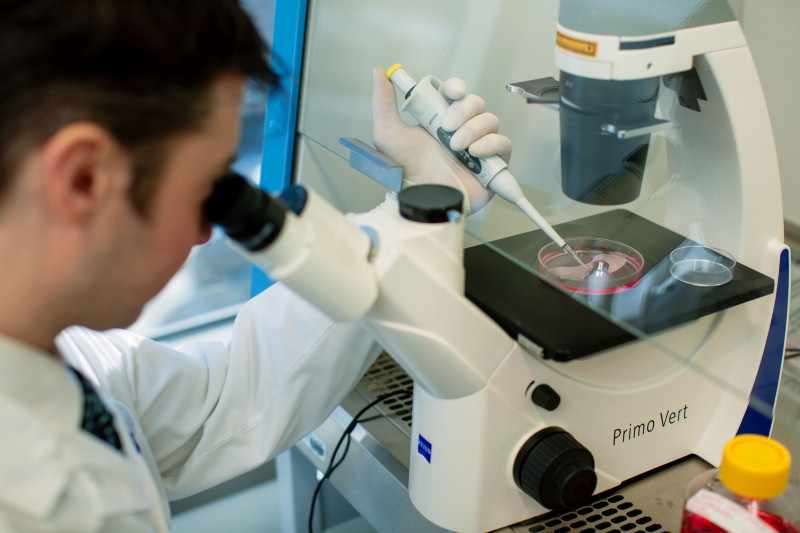New diabetes risk mechanism identified

Researchers at Mayo Clinic have discovered an unexpected effect from a gene known to increase diabetes risk. They assumed that the specific allele in the gene TCF7L2 which increases the risk of type 2 diabetes, impairs insulin production in response to increased insulin resistance. Some slight evidence of that was found, but more significantly the researchers discovered that this variant impaired a person's ability to balance blood sugar (glucose) by suppressing glucagon - the hormone that raises the level of glucose in the bloodstream.
The findings appear in the journal Diabetes.
"This was surprising. It demonstrates a completely novel mechanism of predisposition to diabetes that could lead to novel therapies," says Adrian Vella, M.D., Mayo Clinic endocrinologist and senior author of the study. "Ultimately, this sheds new light on how this gene actually predisposes to diabetes."
Dr. Vella says more detailed clinical studies need to be done to confirm the finding as well as to better understand how this affects diabetes in more heterogeneous populations over the long term.
More information: Meera Shah et al. genotype and α-cell function in nondiabetic humans , Diabetes (2015). DOI: 10.2337/db15-1233

















